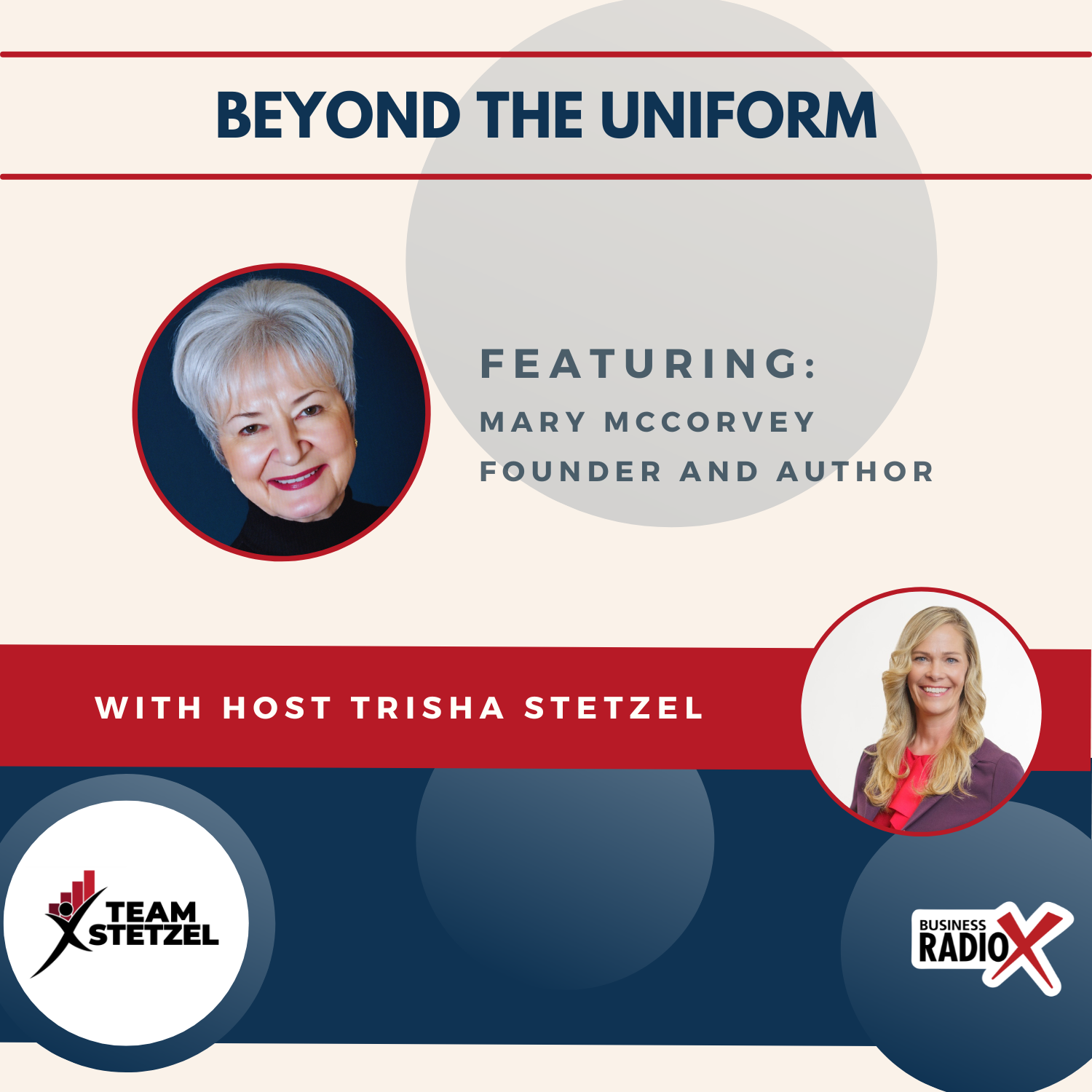
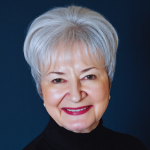 Mary McCorvey is a seven-time founder, U.S. military veteran, and creative powerhouse whose ventures span media, technology, and social impact. Her work lives at the intersection of innovation and storytelling, where she elevates bold ideas and brings them to life with purpose and heart.
Mary McCorvey is a seven-time founder, U.S. military veteran, and creative powerhouse whose ventures span media, technology, and social impact. Her work lives at the intersection of innovation and storytelling, where she elevates bold ideas and brings them to life with purpose and heart.
Most recently, Mary collaborated with Intuitive Machines, the pioneering Houston-based aerospace company that helped the United States return to the Moon. Through this historic partnership, she helped shape narratives that captured not just a technological feat, but a national moment—showcasing how courage, vision, and collaboration can turn moonshots into reality.
As the founder of a production company, Mary brings a unique voice to storytelling—one that blends creativity with conviction. Whether in business, leadership, or life, she inspires others to define and pursue their own moonshot, while embracing the lessons that come from the journey, even when the outcome isn’t what was expected. Mary’s work reminds us that dreaming big isn’t just about where we land—but who we become along the way.
LinkedIn: https://www.linkedin.com/in/marylmccorvey/
![]() This transcript is machine transcribed by Sonix
This transcript is machine transcribed by Sonix
TRANSCRIPT
Intro: Broadcasting live from the Business RadioX studios in Houston, Texas. It’s time for Houston Business Radio. Now, here’s your host.
Trisha Stetzel: Hello, Houston. Trisha Stetzel here bringing you another episode of Houston Business Radio is my pleasure to introduce you to my amazing guest today, Mary McCorvey, a seven time founder, Gulf War veteran, host of the podcast, and the book Experience over expectation and creative force behind multiple ventures spanning media, technology and social impact. She recently collaborated with Intuitive Machines. We’re going to talk about that some more. The Houston based aerospace company that made history by helping America return to the moon. Through her production company and storytelling work, Mary explores how courage, vision and collaboration turn ambitious dreams into reality. Today, we’ll talk about what it really means to take your moonshot in business, leadership and in life, and how success often comes from the lessons learned when you don’t quite reach the moon. Mary, welcome to the show.
Mary McCorvey: Thank you, Trish, very much. Appreciate it.
Trisha Stetzel: I’m so excited to have you on today. So tell us a little bit more about you, Mary.
Mary McCorvey: Well, it’s it’s, uh, that that introduction that you just gave me is a is a tough follow up. I think for our conversation today, I’m extremely excited about talking about my passion around business and especially around founding businesses and creating and executing those businesses in a very successful way, and that that success can can take on many forms. We have the traditional success of the hockey stick growth of a company. We also have the the other kinds of success in founding companies and achieving the dreams that the founder has from the beginning and and growing throughout. So I’m delighted to be here and talk with you about that.
Trisha Stetzel: Fantastic. So, Mary, you founded seven companies. What is it that keeps you coming back to build again and again?
Mary McCorvey: Trisha, that’s a great question. And I and as I started down the path of, uh, repeatedly founding companies, I started asking myself the question, my gosh, Mary, or are you not do you not have, uh, a commitment? Uh, but the but the answer evolved into. I came to understand that that my sweet spot, my passion, my skill set is really in the founding space. It’s in the ideation. It’s in the creation. It’s in the acknowledgment of an idea that that can be brought to fruition and find its way in the business, uh, and, and also impacting people’s lives in a positive way, which is that’s, um, an aspiration I think, of most businesses is that we want to impact our, our clients and the people that we interact with in a very positive way. So when I accepted that founding is really what my passion is, that became an evolution for me over, like you said, seven companies and some of those companies went on to achieve their own measure of success, and other companies went on to become, you know, to work their cycle and work their way out of business. And both of those, those ultimate destinations are, you know, the a part of the adventure of being a founder.
Trisha Stetzel: Yeah, absolutely. Have you found a common thread that connects all of these businesses together? I know you described a few things that you’re really interested in and things that you’re really good at, but what is the common thread that connects all of these things that you engage in?
Mary McCorvey: Well, as a founder there, what I’ve really discovered is the through line for each founder and be different. So for me, for example, the ability to impact the greatest number of people is very, very important. And and it completely influences the the means by which I’ve found companies and the, the creation of, um, our, our product or our services. And so for other people, it can be, um, I want to influence a small group of people within my community or for a particular purpose. And, and that is a very different journey than the, the journey that I choose. But, you know, when you were talking earlier about my literal moonshot, right? That was an aspiration of reaching as many young people as possible on the face of the globe, and influencing them to be able to take their own moonshot. So that’s that through line of what is it that you’re really trying to do? And as you’re going through the journey, going back to does this hit? My goal is the decision that I’m making at any given time. Is it is it true to the purpose of what we’re trying to do? And that helps really in decision making processes and and outcomes.
Trisha Stetzel: Yeah, absolutely. Can you talk a little bit about how your military service and the things that you’ve learned there have translated into business for you.
Mary McCorvey: Absolutely. Um, Trisha, my my military service. And I believe that that most people I haven’t run across another military service person that hasn’t said that the the influence of their experience lasted them a lifetime and profoundly impacted their professional and personal lives. And so for for me, I’m sitting here today talking with you because of the choices that that I made in the military and the support and leadership that I received in the military. So my experience was and my job was with the American Forces Radio and Television Network. And it’s that is an example of being able to reach a large number of people at one time. And and that is an underscoring of my through line, for example, and that I went on to continue in communications and public affairs and, and broadcasting and journalism and all of that came from my military experience. Why in the world would the military, you might ask us, have a, a, a radio and television network, why invest in, in that kind of an endeavor? And the purpose is it takes me back to when I was serving in Kuwait toward the end of the Gulf War, and troops had moved up from Saudi Arabia and were there in the the thick of the the oil fires and the desert storms and the the sand blowing. It was a really miserable conditions. And in the middle of all of those thousands of troops, there was a truck. And in that truck was a broadcast booth. And in that broadcast booth, they were sending out, um, information to the troops that were there. News from home. Sports scores. Familiar music. Information that made the troops feel like they had some sense of reality within a very, very difficult environment. And that, to me, is a pretty laudable goal.
Trisha Stetzel: Yeah. That’s huge. I remember Mary being in a foreign country. I was not in the desert. It was not a war zone. It was completely different. But being in a foreign country and only having the military network to watch TV and listen to music, and it was a blessing because there was nothing else that we could watch or understand being in a foreign country. Wonderful story. So, Mary, how do you balance this vision with execution? So as a founder, you have a big idea worth pursuing. And so there’s a vision. How do you balance that with the actual execution of getting that business moving in the right direction?
Mary McCorvey: That is a great question, Trisha. The the process that that I use is really pretty simple. I come up with an idea and I do the due diligence on it within myself, upon reflection and within the marketplace to understand whether it is viable. And then I make a decision. I’m going to dedicate my time, talent and heartbeats. To make this happen. And then I gather around me the right resources, the right people. I’m. I am blessed by the knowledge that I don’t know everything. Right. But what I do know, and what I can do very well, is I can surround myself with people that are great at what they do. And then we can come together with a plan for execution, and then we execute on that plan. That’s the process that we go through.
Trisha Stetzel: I love that. So, Mary, you know that a lot of my audience are, um, military veterans, some of them even active duty, but most of them veterans. What advice would you give to someone who’s transitioning from the military into the civilian world and wants to do work like you did? Be a founder, start a business. What would you tell them? Where should they start?
Mary McCorvey: That’s a big of a big leap. Mhm. It’s um, moving from the directly from the military into the entrepreneurial world. Sounds like it’s something that, you know it’s very appealing to a lot of military people. Um, I would say that an understanding of moving from a large system with a great deal of structure and support and into an environment that has no structure and very little support, is a big leap. Now, should they not do it? I’m not suggesting that I think that someone who has a passion and knows what they want to do and has the ability to do it, meaning to gather the the resources around them and execute. We’re very as military people, we’re very, very good at execution. But we also know that the training that we have received to go on to the mission, when you get out into the mission, you know that it’s very different. And you you adapt and you adjust. And those are very great skills to have in the entrepreneurial space. Going directly into that, um, is, again, something that requires a lot of thought, especially if you have a family, because you need to be able to support them and have a roof over their head and food on the table. Um, so what I would recommend is there is often within the military transition.
Mary McCorvey: Most often members that come out and go into the business world go into a job that that is helps them understand where they fit into the civilian society and what what the differences are between, um, being in the military and being in a civilian job. That often takes, you know, a year. Sometimes it can be two. Um, but during that period of time, what I recommend is that you learn what it’s like to be in the civilian world. You think about your idea, you gather your resources, and then you can execute with some additional measure of reassurance. Whereas if you go directly it’s it’s it’s a big it’s a big risk. In any case risk uh around entrepreneurism is very, very high. Um but it and what I do is every time I’m a very I have a very high tolerance for risk. But risk mitigation is extremely important to me. Um, and in the, the military world, we call it safety. Let’s let’s be sure to save lives. Right? Uh, in entrepreneurism, it’s like, okay, how do we mitigate risk associated with the success of this company and, and success of the people within it? So it’s a whole different ball of wax than a military experience?
Trisha Stetzel: Yeah, absolutely. Okay, so, Mary, I am sure that people have questions for you. I would love to be able to connect them to you. What is the best way for my audience to connect with you?
Mary McCorvey: The best place to find me is at Mary McCorvey. Com and I’m also on LinkedIn, and I welcome connections with anyone that wants to talk about business, especially veterans. Uh, I have, um, a long time commitment to helping military members who are transitioning and also veterans who want to start their own businesses. So I’m glad to help anyone.
Trisha Stetzel: Thank you so much, Mary. Her last name is spelled m c o r v e y. If you’re looking for. Of course I will have that in the show notes. So you guys can just point and click and get in to contact with Mary. Okay, so I’ve heard some really great things. One, so much passion for the things that you do and having a vision and being able to execute. And the most important thing that I heard was you have to have the resources. And you talked about the humans that you surround yourself with. And I think that is so important, the people that we choose to have in our room, or the people that we choose to go forward with, that plan is so important. So can we talk about something kind of fun since I’m in Houston?
Mary McCorvey: Absolutely.
Trisha Stetzel: I would love to talk about your collaboration with Intuitive Machines. So how did how did that partnership come about, and what was it like helping a Houston based team land on the moon?
Mary McCorvey: Well, I don’t know that I helped them land on the moon. They were trying very hard to help me land on the moon. I came up with this idea that I really wanted. I found out that that the evolution of commercial space had reached a point where, um, Intuitive Machines is is one of several companies that received NASA contracts to land on the moon again after so many years. And I said, well, if somebody’s going to the moon, I would really like for young people to have an opportunity to go with them. Not personally. Um, and because people say to me, Mary, they know me well. Mary, don’t send young people to the moon. Don’t. And I said, alright, I won’t do that, but I’ll, I’ll do everything possible to send their work to the moon. Mhm. So we came up with an idea uh, for a company called moon, Mark and moon. Mark’s mission was to create opportunities for young people to develop a design and build lunar rovers that would go on Intuitive Machines, landers, on a rocket, on a space rocket that would land on the moon. And when they got up there, they had a fun mission of racing each other. And then they had a scientific mission that had a 30 year longevity to help with geospatial, uh, work on the moon.
Mary McCorvey: After the race was completed. So we had a very fun element to that. Um, and people will will ask me, well, because I was asked when I came up with this idea, Mary, uh, you know, are you an astrophysicist? No. Are you a rocket scientist? No. Are you an engineer? No. I’m not. I’m not any of those things. But I know how to find those people and going through the process. Um, well, first of all, I had to understand. I had to know how I could fund this business. How what was the business model around it? And the business model was that I and I had successfully used this business model before. It was very comfortable with it. Have corporations do marketing sponsorship for, uh, for young people to be able to so that we would document their journeys on their competitions to get their work on the moon. And then we would, uh, distribute those those, um, those those videos and films so that the, the sponsors would have the marketing value that they invested in. So that’s how we got money in the door to do what we were trying to do. Then we needed some rocket scientists and physicists and some engineers, and we turned to Intuitive Machines in Houston.
Mary McCorvey: And I cannot say enough about that company and the work that they have done it. It truly is an extraordinary company in and of itself. What they’ve been able to do in the commercial space range is, um, is absolutely fascinating from a business perspective. And they also have a culture that one wants to emulate in the business world. And so we got together and we aligned our our two missions, and we were on the path to get these young people’s work on the moon. What happened? The pandemic happened. We were supposed to land on the moon, um, in October of 2021. Well, we know what happened. And when the pandemic happened, the space world essentially slowed down to a crawl, as did many, uh, industries across the world. And so by the time Intuitive Machines was ready to go to the moon in March of 2024, we had lost our window of doing what we wanted to do. And so it was a very, very painful thing to do to wrap up moon Mark, because that was my founder’s moonshot about what we were able to do is a global competition for young people to design, um, rovers that could operate on the moon. And they did.
Trisha Stetzel: Wow. So moon Mark was essentially a success, even after all of the things that you had been through. Congratulations.
Mary McCorvey: Well, thank you very much.
Trisha Stetzel: I want to talk about moonshot. And you you say you miss your moonshot because we didn’t actually get there, but you created something really amazing. So what is moonshot mean to you now? And how do you translate that mindset into leadership here on earth?
Mary McCorvey: Well, uh, you know, there there are many people who would like to bring Mary back down to earth. That’s that’s always a that’s always a great aspiration to have. Now, when it when I would like to share that that the moonshot mine was a literal moonshot. Right. But the but the moonshot for the individual founder doesn’t have to be that extraordinary. It can be something that you you desire to have the impact that you want to have. If you want to have a a dry cleaning business and you want to grow that dry cleaning business to franchises across the region or across the country. Okay. That’s a moonshot. And there are things that are associated with that that you have to understand and be willing to go after. And those and and those are things that I call, um, you know, the 4:00 wake up call, the 4 a.m. wake up call where you lay in bed and you go, what in the world am I doing? Is this possible? What is the impact that I’m having? What is the realistic aspects of what I’m doing, what I’m facing and what I’m achieving or not achieving, and the decisions that are that come around that. And that’s where the leadership comes in. Sometimes you have to make really tough decisions. Sometimes the, the, the, the scalability of the business is regional and not national. Sometimes you’re, you’re you’re saying, well, I took a shot to to open five dry cleaning companies and I opened two. Okay, but you took that moonshot. What are the elements in place that that require you to be able to take that moonshot and and that I will go back to risk management, right. You have to be willing to take a big risk to take your moonshot, but you also have to do everything within your power to mitigate those risks, to manage those risks, to enable the ability, uh, for you and your company to achieve the potential that you want.
Trisha Stetzel: Absolutely. So I think, Mary, this is a good time for us to chat a little bit about the book and the podcast of the same name. Experience over expectation. What would you like the listeners to know about that book and then tell us where to find it.
Mary McCorvey: Well, the the I wrote the book experience over expectation because I wanted to share stories of my, uh, professional personal life. And the the journey that I took to write this book. So it’s not, um, a normally written book because I’m not a normal person. So what I did was I took stories from my professional and personal life, and I asked artificial intelligence, five actual platforms of artificial intelligence to analyze those stories. And what what they ended up with the culmination of the of the different work of the different platforms, um, resulted in a massive Literature search of thousands and thousands of like cases of my particular story. So I said, here is my story, here are my choices, here were my decisions, analyze it. And it came back with these are the implications of what you decided. Here are case studies of others who made similar and different decisions. And the reader can align themselves and their own experiences with learnings from. That’s my intent anyway. Learnings from the artificial intelligence analysis.
Trisha Stetzel: Wow. That’s amazing. So, Mary, where can we find your book?
Mary McCorvey: Well, you can find it on Amazon, of course. And also anywhere you you find your books.
Trisha Stetzel: Okay. Fantastic. So you guys, if Mary ever writes another book, we’d want to be a fan of hers on Amazon, so go find her. As an author, Mary McCorvey McCorvey favorite her as an author. So the next book she writes, you’ll get a notification while and go by this one.
Mary McCorvey: Thank you so much.
Trisha Stetzel: Yes of course Mary. Um, we are at the back end of our time, but I do want you to tell us a little bit about your podcast. And then I have one more question for you.
Mary McCorvey: Okay. The podcast experience over expectations is one where I welcome individuals who have very unique stories to tell. And we we focus on what those particular stories are and how they are. And you will find this aligning with my through line, how how they relate to many, many different people on a universal level. Okay. What’s your last question?
Trisha Stetzel: So my last question for you, Mary, is for someone listening right now who’s ready to launch their own moonshot in business leadership or even in life, what’s the first step they should take before a liftoff?
Mary McCorvey: Before liftoff. It’s a long way to Tipperary. When you. When you’re thinking about lifting off.
Trisha Stetzel: I know I’m just playing on words.
Mary McCorvey: If you. If you want. Um. The thing that I have learned is that we have a finite number of heartbeats. And how we choose to spend those heartbeats is essentially, you know, an everyday decision. And so if you find yourself in a moonshot state of mind, you know, taking a real stretch for yourself. Then think about how am I spending my heartbeats? Is it driving it more? Is this a good investment of my heartbeat, my time, my talent? And and answer that question. Do the reflection. Do the internal work necessary. Because, as I mentioned, it’s a long way to Tipperary. And a lot of days and and and nights of questions and answers and decisions, um, that will lead you to reach for that moon mark or that moonshot and and achieve take off. Wow.
Trisha Stetzel: Amazing. I love that. How are you spending your heartbeats, Mary? This has been so amazing. Thank you for spending your time with me today. I have really enjoyed our conversation.
Mary McCorvey: Thank you Trisha.
Trisha Stetzel: All right you guys, if you want to connect with Mary, it’s Mary McCorvey MC c o r v e y. Her contact information will be in the show notes as well. And that’s all the time we have for today. So if you found value in this conversation that Mary and I had, please share it with a fellow entrepreneur, veteran or Houston leader ready to grow. And as always, please follow, rate and review the show. It helps us reach more bold business minds just like yours. Your business, your leadership and your legacy are built one intentional step at a time. So stay inspired, stay focused, and keep building the business and the life you deserve.
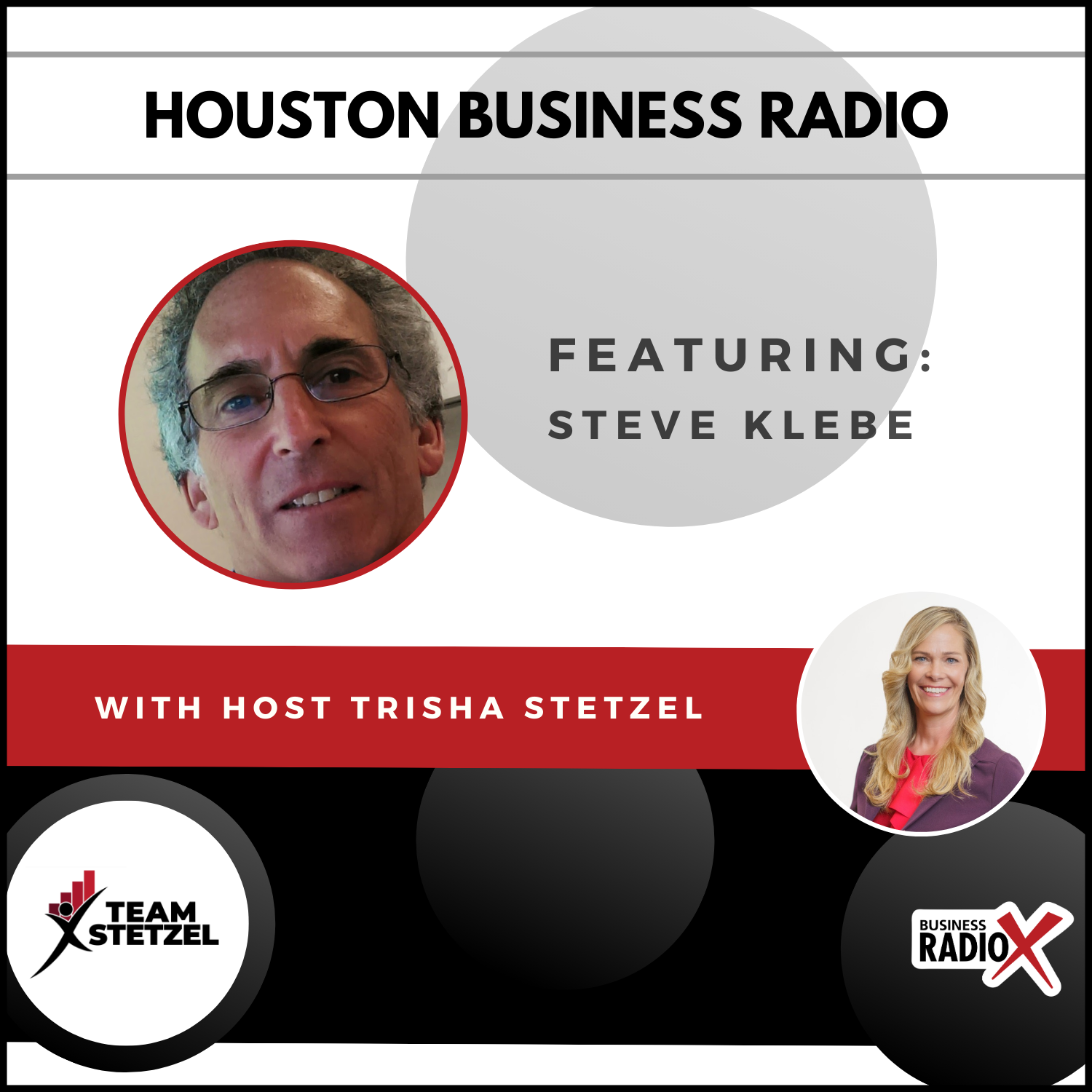
 Steve Klebe is a payments industry trailblazer whose 35+ year career has helped shape the infrastructure behind today’s global digital commerce. From spearheading enterprise payments performance at Stripe, to leading global partnerships for Google Pay (GPay), to holding executive roles at Verifone and CyberSource, Steve has been at the forefront of innovation in how the world transacts.
Steve Klebe is a payments industry trailblazer whose 35+ year career has helped shape the infrastructure behind today’s global digital commerce. From spearheading enterprise payments performance at Stripe, to leading global partnerships for Google Pay (GPay), to holding executive roles at Verifone and CyberSource, Steve has been at the forefront of innovation in how the world transacts.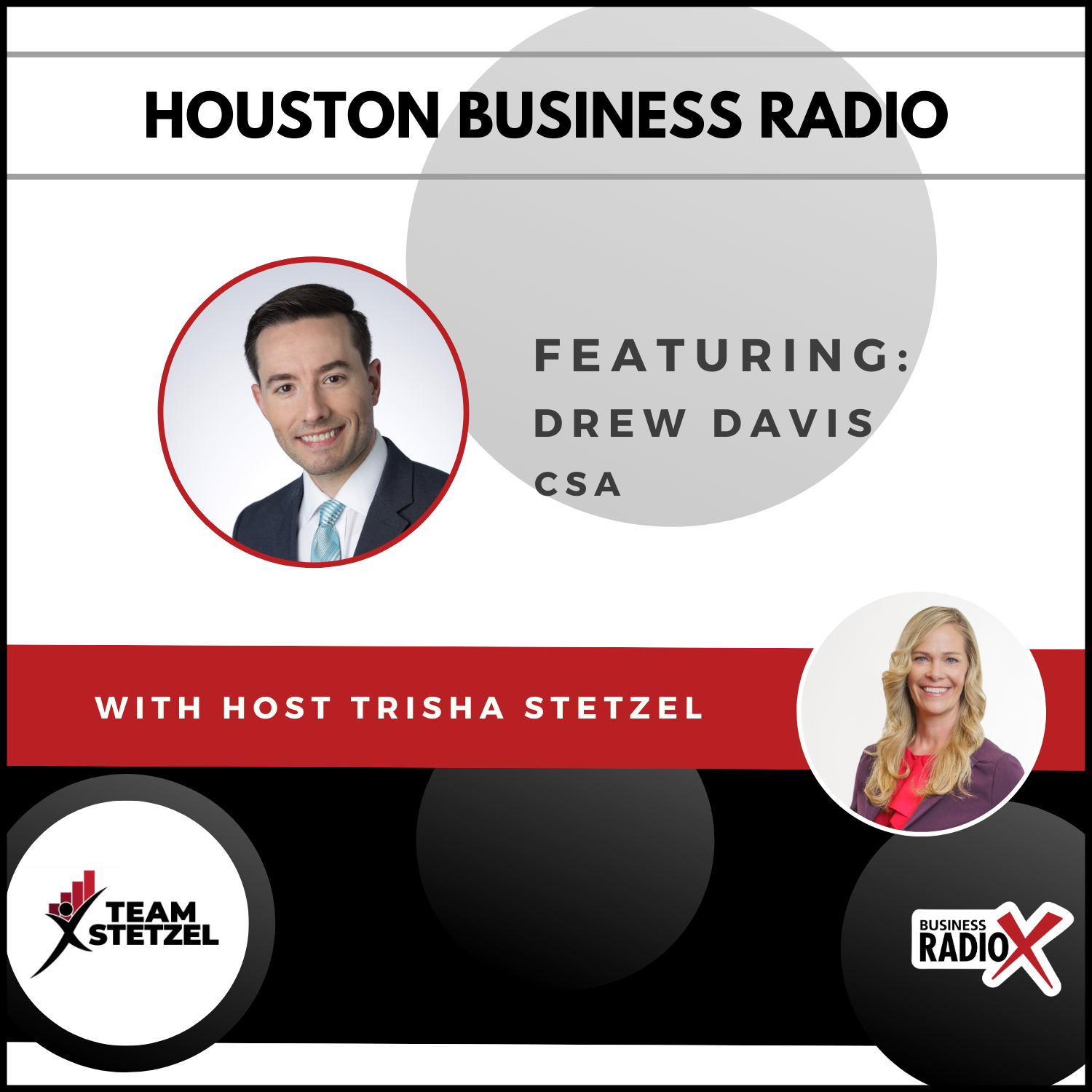
 Drew Davis is the Senior Vice President of Commercial at the Chief of Staff Association (CSA), the premier global network for Chiefs of Staff across industries. With 12 years of experience in the U.S. intelligence community, Drew brings deep expertise in organizational strategy, principal support, and enterprise alignment.
Drew Davis is the Senior Vice President of Commercial at the Chief of Staff Association (CSA), the premier global network for Chiefs of Staff across industries. With 12 years of experience in the U.S. intelligence community, Drew brings deep expertise in organizational strategy, principal support, and enterprise alignment.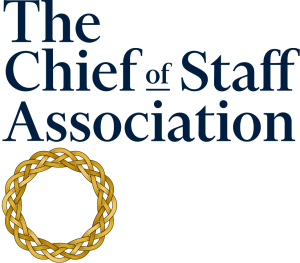
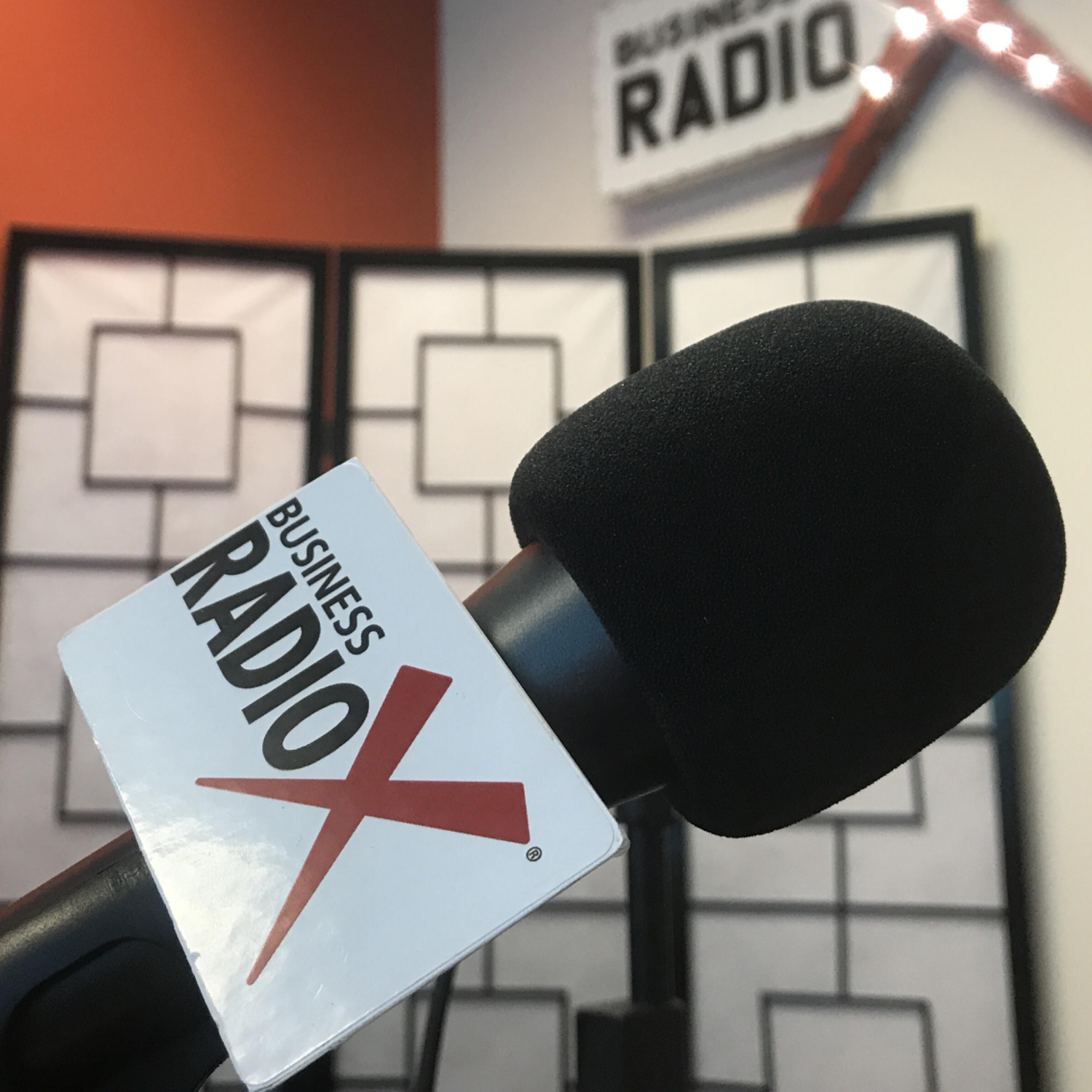


 Todd Howard is the founder of
Todd Howard is the founder of 













